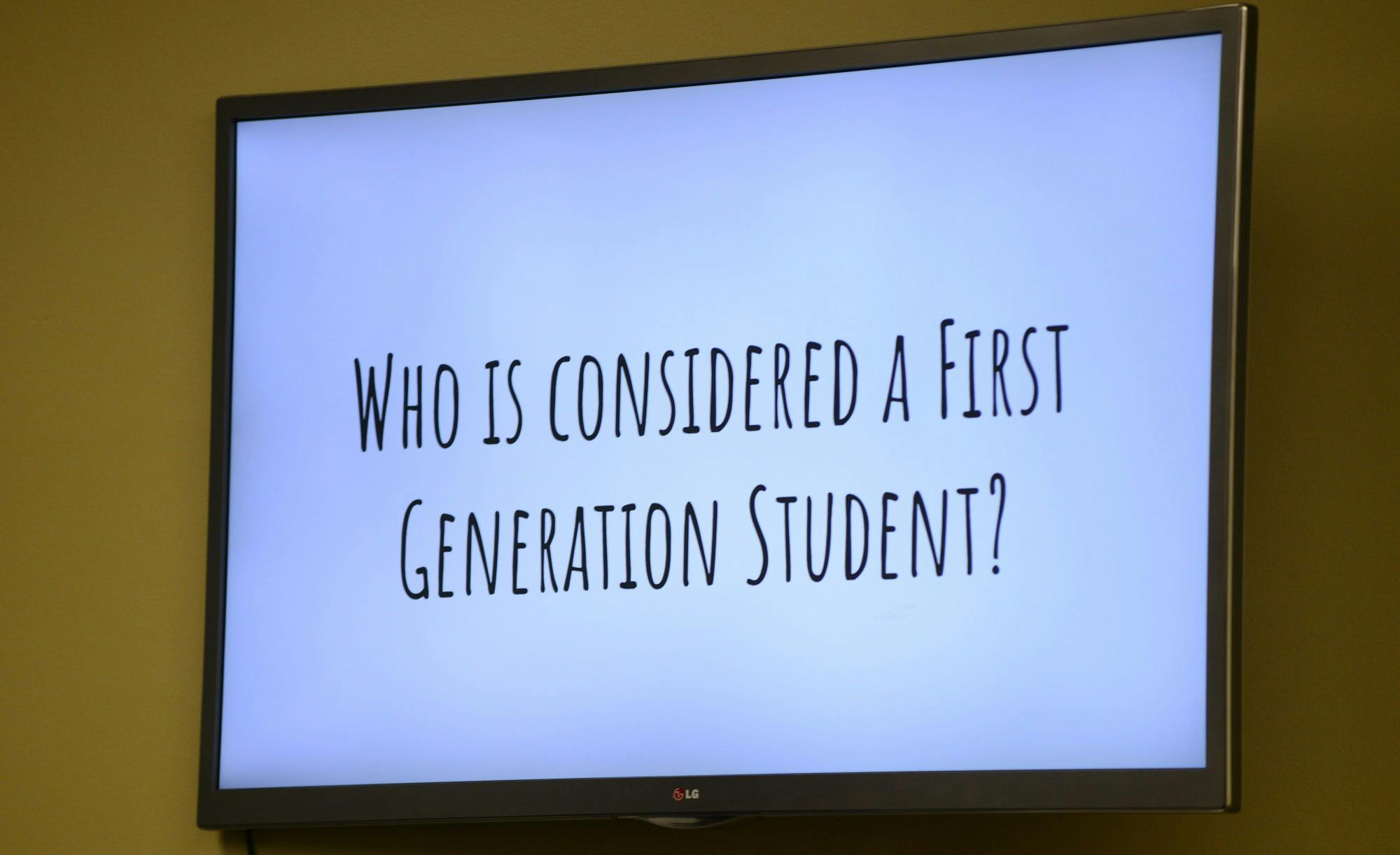
Take a moment and think about how many things you have to do to apply to a university like Michigan State.


Take a moment and think about how many things you have to do to apply to a university like Michigan State.
You have to fill out the application, pay the $65 application fee, wait for your decision, keep your grades up while battling senioritis, fill out your FAFSA, decide whether or not you’ll need loans, apply for those loans, send your AP scores if you have them, go to New Student Orientation, send in your ID picture ... the list goes on and on.
As a first-generation student, that list was already daunting enough, and I hadn’t even stepped foot on MSU’s campus to actually start the semester. I foolishly thought that overwhelming feeling would lessen once I was at MSU.
I guess that’s the first common mistake of a first-generation student.
A student is considered a first-generation student if neither of their parents graduated college with an associate’s or bachelor’s degree. Since my mother never attended college and my father left Western Michigan University after his first year, I’m a first-generation student.
Coming into MSU, I knew I was at a slight disadvantage. I had no one to get study tips from. I had no one to explain how credit hours work. I didn’t know you didn’t have a limit on the amount of times you can swipe your ID for the dining halls, or how to navigate large math lectures, or who to talk to when you want to switch your major.
I think I underestimated how much I didn’t understand about the college process. To me, navigating college was like learning a new language with no teacher. I felt — and sometimes still feel — clueless.
To my non-first-generation peers, these problems seem like the typical freshman experience, but the difference is you can get the answers to these common freshman questions. Non-first-generation freshmen can call their parents and get a general answer.
If I were to call my parents, they wouldn’t be able to help me. They don’t know anything about this experience because I’m the first person to do this. It’s like being a football player and calling your parents — who are both accountants —and asking how to successfully pull off a Hail Mary when your team is down by six points and there are 20 seconds left in the fourth quarter. It’s a little out of their range of knowledge.
Being a first-generation student means that your answer to most college-related questions is “I don’t know. My parents wouldn’t know, and I have to get back to you when I figure it out.”
It’s a part of your identity, like your race or your social class.
But despite that, being a first generation student is actually great. I’m the first person in my immediate family to go to college and intend on graduating, which means I’m setting a precedent for my future children so they won’t have to be first-generation students.
I have a community here at MSU. There are students — some freshmen and some seniors — who understand what I’m going through and how my path to graduation is different from my non first-generation peers.
Above all, I’m doing it. I have good grades, I’m learning my way around campus, I actually know how credit hours work now and I don’t feel as lost anymore.
I’m a first-generation college student, and at the very least, I know what that means.
Support student media! Please consider donating to The State News and help fund the future of journalism.